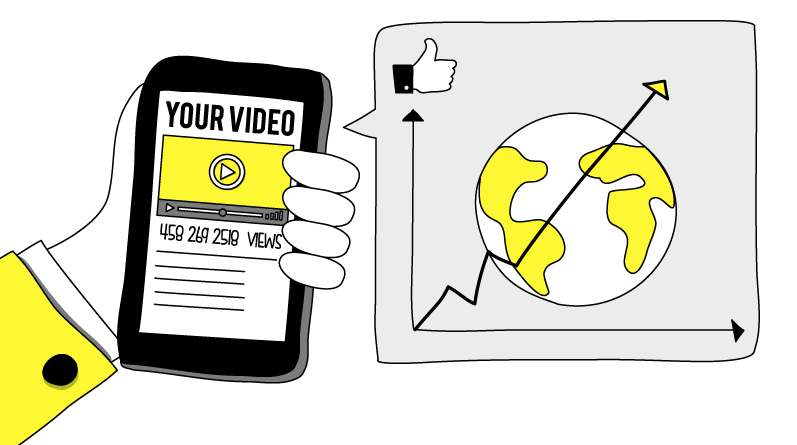Cons of AI-Generated Content
AI-generated content has limitations, which include a lack of imagination and possible quality problems. Understanding these drawbacks is important for integrating AI within your content strategy.
Lack of Creativity and Originality
Among the cons of AI-generated content is the absence of originality and creativity. AI tools work with existing data and patterns, so they cannot produce truly unique or creative content. Human writers offer creativity and innovation based on their very own experience and imaginative thinking that AI tools cannot provide.
Quality Concerns
The AI-generated content might vary in quality. AI tools have become better over time but they still produce content that does not satisfy the high standards of content writers. Improper phrasing, grammatical errors and insufficient depth can mar the content. Quality content sometimes needs the sophisticated understanding and emotional intelligence that quality content writers offer.
Limited Understanding of Context
AI-generated content generally lacks context understanding and is incorrect or misinterpreted. AI tools may have difficulties understanding nuanced human language and cultural references in addition to complicated subjects requiring expertise. This limits AI from producing content that needs deep contextual understanding, such as legal papers, medical articles, and opinion pieces.
Ethical Implications
AI in content creation poses several ethical concerns. A huge issue is that AI-generated content might be used for deception or misinformation. Also, content production using AI may drive out jobs for human writers and raise questions about the wider societal impact. Ethical considerations must be considered when AI is embedded into the creation of content.
Dependency on Data
AI content generators generate content based on existing data. This dependency means AI tools can only create content according to what they have been taught and cannot improve or even adjust to new information. Also, if the training data is biased or flawed, the AI-generated content will reflect such inaccuracies and biases. This dependency can also stop the production of high-quality, unbiased content.
Limited Emotional Intelligence
AI-generated content often lacks the emotional intelligence that human writers possess. Emotional understanding and human intelligence are vital factors in communication and content marketing. AI tools might fail to render human emotion in context, creating content that feels cold or even detached. This limitation could be problematic in contexts where emotional resonance is essential.
Risk of plagiarism
AI-generated content is produced by analyzing and learning from current data. This occasionally leads to accidental plagiarism, in which the AI produces content that is too much like the original sources. A major concern for businesses using AI generator content is ensuring that it is unique and does not violate copyright rules.
Difficulty with Complex topics
Though it can develop content on various topics, AI might struggle with more complicated topics that require much more in-depth expertise and knowledge. Articles that require knowledge in fields like law, medicine, or other sophisticated sciences usually require a degree of understanding that AI cannot presently match. Human writers can write more detailed information about such subjects.
Over-Reliance on technology
Overreliance on AI for content production can lead to human creativity and judgment losing their role. AI can handle a number of areas of content creation, though it can’t replace human writers’ insights and innovation. A balance between AI-generated content and human intervention is required to maintain quality and originality.
Technical limitations
Regardless of the technical advancements of AI, technical limitations governing AI-generated content remain. Language processing errors, difficulties understanding idiomatic expressions, and difficulties maintaining coherent narratives can weaken the quality of the content. These technical limitations call for human oversight and editing.
Adaptation challenges
It is difficult to adapt AI-generated content to particular brand voices or styles. AI tools might create consistent content but struggle to adjust to the more specific needs of various brands or projects. Human writers can better capture and reflect a brand’s voice and style so that content feels consistent and authentic with the brand.
Human Touch
Despite AI’s numerous advantages, the human touch currently dominates content creation. Human writers have empathy, imagination, and instincts that AI cannot match. This human touch is particularly important for content that aims to connect and build trust with viewers. AI efficiency must be well balanced with human creativity to produce good content.















